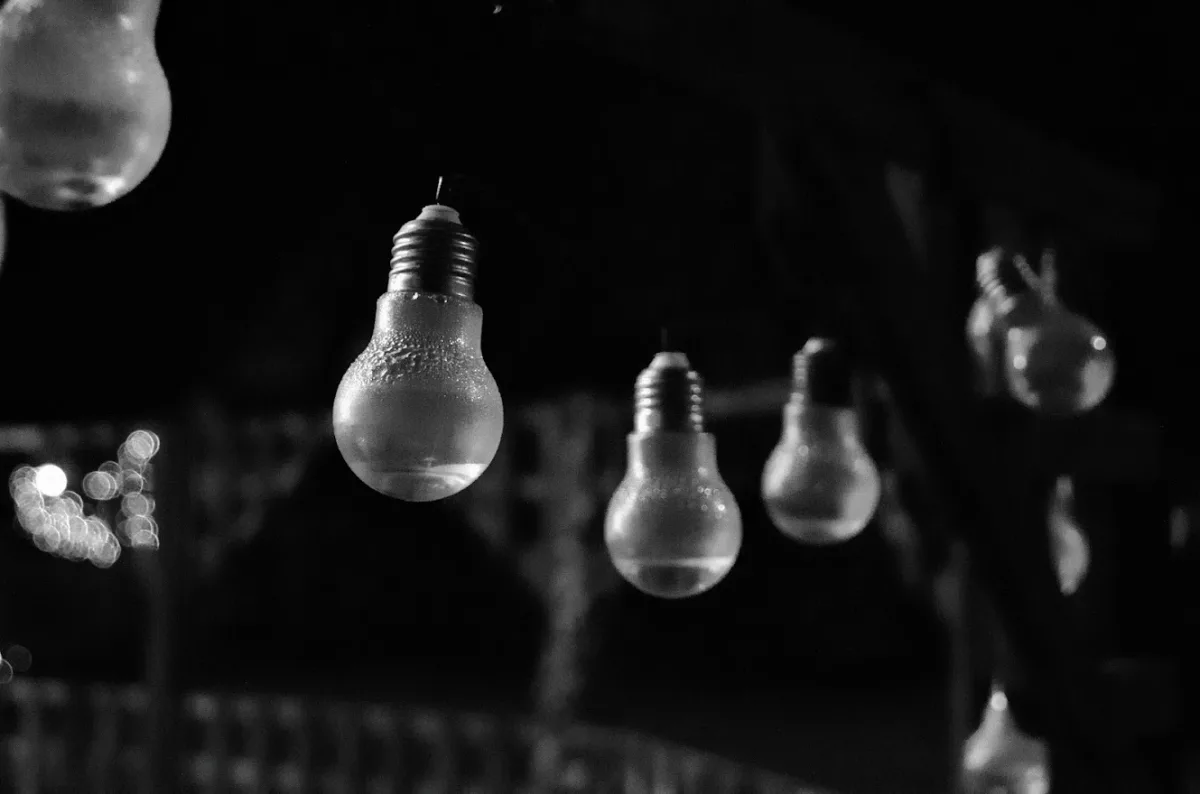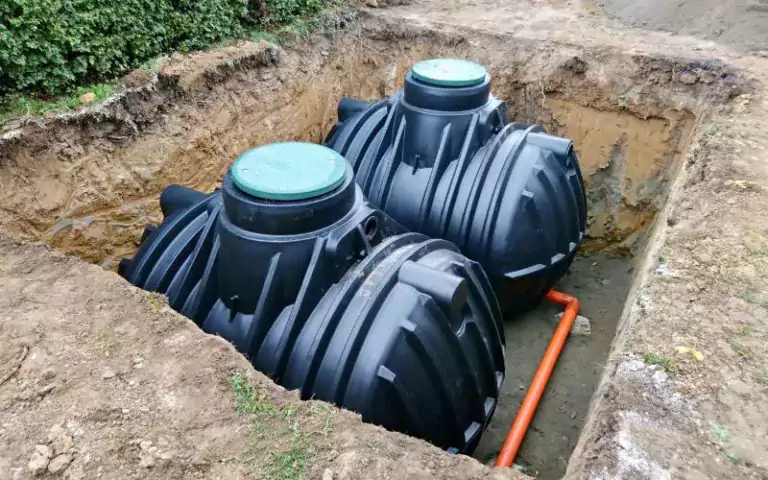Mastering Energy Efficiency: The Key to a Sustainable and Comfortable Home
Just a heads up, this post contains some affiliate links. That means that we earn a small commission if you buy the product at no extra cost to you. That allows us to continue to research and share interesting articles with you. :)
Energy efficiency is all about using less energy to accomplish the same tasks. For homeowners, this means reducing the energy we use to heat and cool our homes, power our appliances and devices, and light our rooms.
When I first moved into our home, I noticed the energy bills were much higher than expected. After investigating, I realised our house could have been more energy efficient.
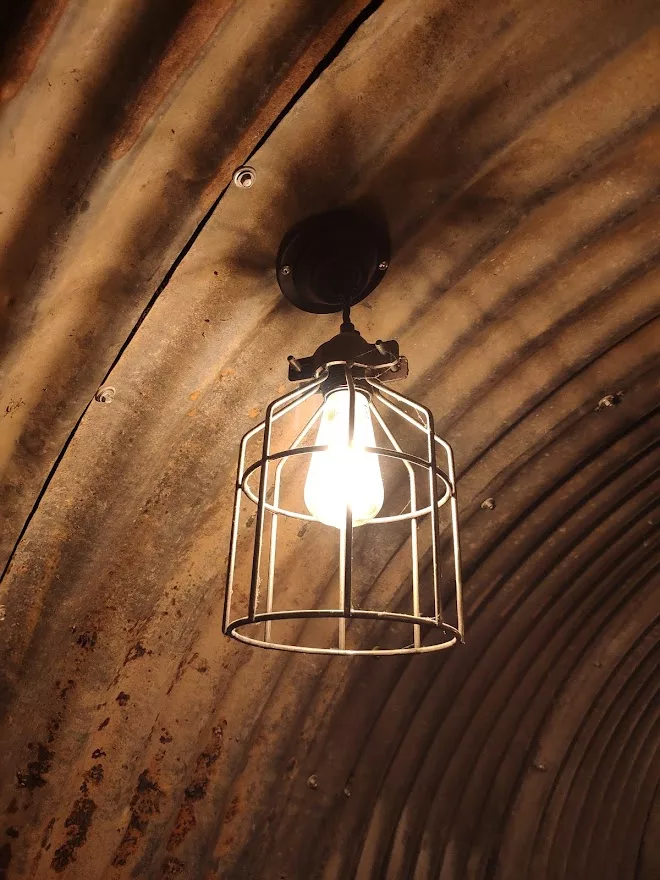
I’ve taken steps to improve the situation over the years, such as improving the insulation in our attic, getting energy-efficient appliances, investing in smart-home technology, putting thermostats on all of the radiators, and installing a new boiler. While bills are still high, we have noticed that our bills are lower than most people in similar living situations.
This experience taught me the importance of energy efficiency and motivated me to share my knowledge. Not only is energy efficiency important for reducing our impact on the environment, but it can also have significant benefits for our wallets. In the current cost-of-living crisis, everything we can do to help is welcome!
In this post, we’ll explore the benefits of energy efficiency for homeowners, including lower energy bills, increased comfort, improved air quality, and a reduced environmental footprint.
Read on to learn how to make your home more energy-efficient and reap the rewards!
The Benefits of Becoming More Energy Efficient
Lower Energy Bills
One of the primary benefits of energy efficiency is that it can significantly lower your energy bills. By using less energy to accomplish the same tasks, you can reduce the money you spend on heating, cooling, and powering your home. This is especially important for homeowners who live in areas with high energy costs or who have large homes or families.
There are many ways to improve energy efficiency in your home, such as adding insulation, upgrading your windows, and using energy-efficient appliances and lighting.
For example, a well-insulated home can reduce heat loss in the winter and keep your home cooler in the summer, reducing the need for your heating and cooling systems to work harder. Similarly, energy-efficient appliances and lighting can use significantly less energy than traditional models, helping to lower your monthly energy bills.
You can significantly reduce your energy bills and save money over the long term by making a few simple changes to your home and lifestyle. In the next section, we’ll explore how energy efficiency can increase your comfort at home.
Increased Comfort
Another critical benefit of energy efficiency is increasing your comfort at home. By making your home more energy-efficient, you can enjoy consistent temperatures throughout your home, reduce drafts and cold spots, and improve the overall air quality.
For example, if your home is poorly insulated, you may experience cold spots in certain rooms or drafts around your windows and doors. Adding insulation and upgrading your windows can reduce these issues, and enjoy a more comfortable home environment.
In addition, many energy-efficient products and technologies, such as programmable thermostats like this one from Tado, and smart home systems, can help you customise the temperature and lighting in your home to suit your needs. This can lead to a more comfortable and convenient living experience overall.
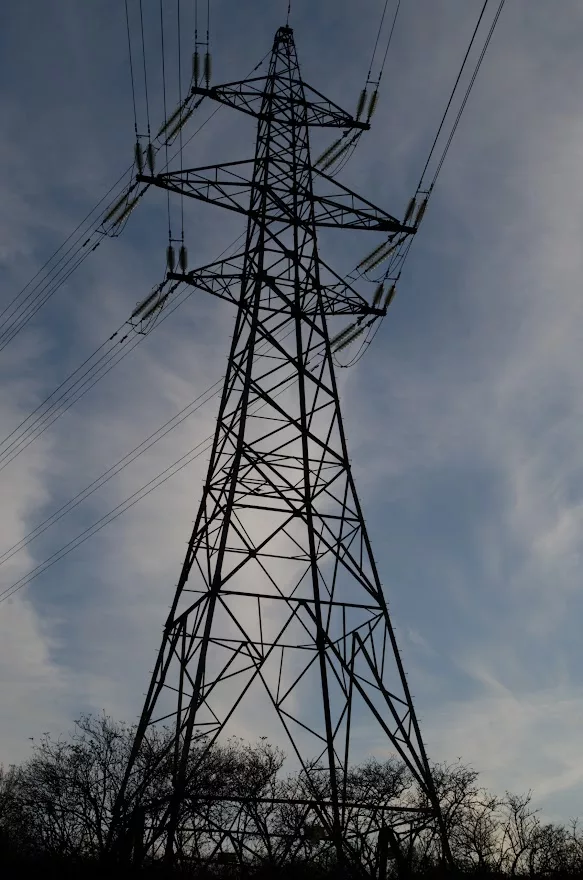
Improved Air Quality
Another often-overlooked benefit of energy efficiency is that it can improve the air quality in your home. Many energy-efficient products and technologies, such as ventilation systems and air filters, can help to remove pollutants and allergens from your home, creating a healthier living environment.
In addition, using less energy can reduce your carbon footprint and help protect the environment for future generations. This is an essential consideration for many homeowners who want to reduce their impact on the planet while enjoying the benefits of a more comfortable and cost-effective home.
In the next section, we’ll explore some tips and product recommendations for improving energy efficiency in your home.
Tips for Improving Energy Efficiency At Home
Improving energy efficiency in your home doesn’t have to be complicated or expensive. You can take many simple steps to reduce your energy consumption and save money on your energy bills.
Here are a few tips to get you started:
- Install a programmable thermostat: A programmable thermostat allows you to adjust your heating (and cooling system) automatically to your schedule, saving energy when you’re not home. By reducing the energy you use to heat and cool your home, you can significantly lower your monthly energy bills.
- Upgrade to energy-efficient appliances and lighting: Energy-efficient appliances and lighting can use significantly less energy than traditional models, helping to lower your energy bills and reduce your carbon footprint. Look for appliances and lighting that have earned the ENERGY STAR label in the US, which indicates that they meet strict energy efficiency guidelines. In the UK we have the A to G energy efficiency ratings scale.
- Implement smart home technology: Smart home technology, such as smart thermostats, lighting, and home security systems, can help you save energy and increase your comfort and convenience. For example, a smart thermostat can learn your schedule and preferences and adjust the temperature in your home accordingly. In contrast, smart lighting can be controlled from your phone or voice-activated assistant.
- Conduct an energy audit: An energy audit is a comprehensive assessment of your home’s energy use and can help you identify areas where you can improve energy efficiency. During an energy audit, a professional will assess your home’s insulation, HVAC system, lighting, appliances, and more and recommend improvements.
- Upgrade your insulation: Insulation is critical to regulating temperature and reducing energy consumption. Adding insulation to your walls, attic, and floors lets you keep your home warmer in the winter and cooler in the summer, reduce drafts, and improve your overall comfort.
- Optimise your HVAC system: If you’re in the US, your heating, ventilation and air conditioning (HVAC) system keeps your home comfortable year-round. However, if your system needs to be updated or more efficient, it may work harder than it needs to, leading to higher energy bills and reduced comfort. Consider upgrading to a newer, more energy-efficient system or optimising your existing system with regular maintenance and air filter replacements.
Replace your old boiler: In the UK, most homes have either a gas combi boiler or an electric boiler. Replacing your boiler with a newer model can drastically increase the energy efficiency of your central heating and hot water systems and may even save you money in the long-run.
- Use ceiling fans: Ceiling fans are a simple and effective way to improve comfort and reduce reliance on your HVAC system or maybe even your central heating system. By circulating air throughout your home, they can help to regulate temperature and reduce the need for heating and cooling.
- Control your lighting: Lighting can also impact your comfort and energy consumption. By using dimmer switches or investing in smart lighting systems, you can adjust your lighting levels to suit your needs and reduce energy consumption.
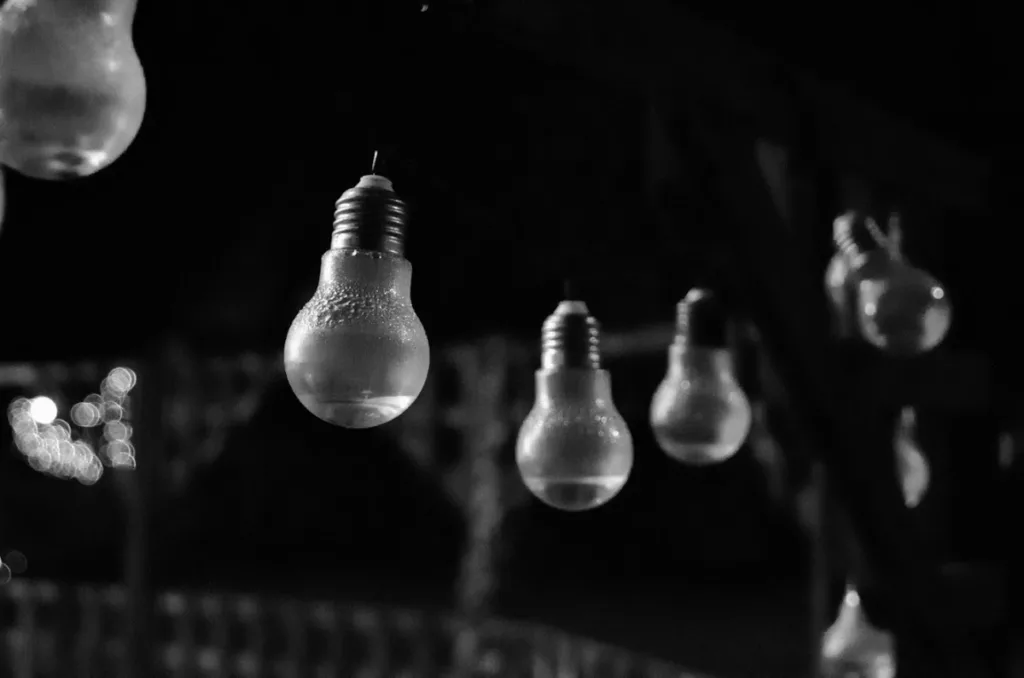
Environmental Benefits Of Being More Energy Efficient
Improving energy efficiency in your home isn’t just good for your wallet and comfort. It’s also beneficial for the environment.
Whether you’re upgrading your appliances, adding insulation, or investing in renewable energy sources, you can take many simple steps to improve your energy efficiency and enjoy the benefits of a more sustainable lifestyle.
Here are some ways that energy efficiency can benefit the planet:
- Reducing greenhouse gas emissions: Using less energy can reduce your carbon footprint and help mitigate the effects of climate change. This is especially important given the increasing frequency of extreme weather events and other climate-related impacts.
- Preserving natural resources: The production and use of energy require a significant amount of natural resources, such as coal, oil, and gas. Using less energy, we can reduce our reliance on these resources and preserve them for future generations.
- Supporting renewable energy: Renewable energy sources, such as solar and wind power, are becoming increasingly important in the fight against climate change. By reducing our energy consumption, we can reduce our reliance on fossil fuels and support the growth of renewable energy.
Reducing Environmental Impact
Improving energy efficiency in your home is a great way to reduce your environmental impact. Still, you can also take other steps to live a more sustainable lifestyle.
Here are some tips to help you reduce your environmental impact:

- Upgrade to ENERGY STAR-rated products: ENERGY STAR-rated products are designed to be energy-efficient and reduce greenhouse gas emissions. Upgrading to ENERGY STAR-rated appliances, electronics, and lighting can significantly reduce your energy consumption and protect the environment.
- Install solar panels or a wind turbine: Renewable energy sources, such as solar and wind power, are becoming increasingly accessible and affordable. By installing solar panels or a wind turbine on your property, you can generate clean energy and reduce your reliance on fossil fuels. Even if you just have a small wind turbine to power the lighting in your shed, you’re reducing your impact and your own reliance on the grid.
- Switch to a green energy provider: Many providers now offer green energy options, allowing you to support renewable energy and reduce your carbon footprint. By switching to a green energy provider, you can significantly impact the environment and support the growth of renewable energy.
- Reduce, reuse, and recycle: One of the most effective ways to reduce your environmental impact is to reduce your waste. You can significantly reduce your ecological footprint by reducing your consumption, reusing items when possible, and recycling as much as possible.
Energy Efficiency Financial Incentives
In addition to lower energy bills and less damage to the environment, there are also financial incentives for making improvements that save energy.

Here are some ways you can take advantage of financial incentives:
- Tax credits and rebates: Many governments, utilities, and organisations offer tax credits and rebates for energy efficiency upgrades. These incentives can help offset the cost of upgrades and make them more accessible for homeowners—research available incentives in your area before starting an energy efficiency project.
- Financing options: In addition to tax credits and rebates, financing options are available for energy efficiency upgrades. These can include low-interest loans, grants, and other financial assistance programs. Be sure to research available financing options and choose the one that best fits your needs.
- Hire a professional: If you need help figuring out where to start with energy efficiency upgrades or how to take advantage of financial incentives, consider hiring a professional. An energy auditor or contractor can help you identify available incentives and financing options and guide you through making upgrades.
- Choose qualifying upgrades: When choosing upgrades, choose those that qualify for the highest incentives. For example, ENERGY STAR-rated or energy A rated appliances and solar panels may be eligible for higher tax credits or rebates than less efficient options.
Conclusion
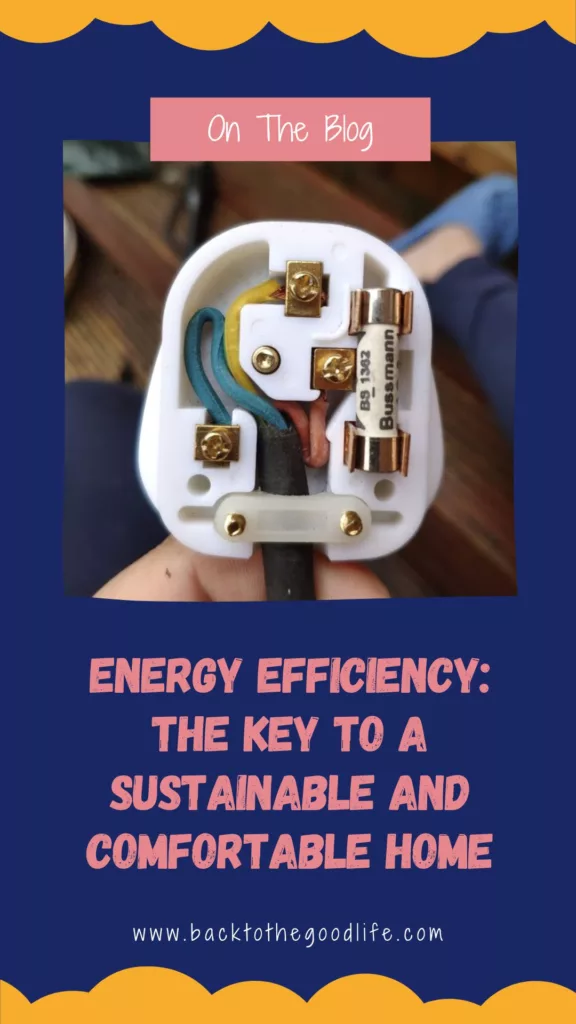
Improving your home’s energy efficiency can help you save money on your energy bills and make your home more comfortable. It can also help the environment. By making simple changes, like installing a programmable thermostat or buying new appliances and lights that use less energy, you can cut down on your energy use and carbon footprint by a lot.
Additionally, there are numerous financial incentives for making energy-saving upgrades, including tax credits and rebates, financing choices, and hiring a professional to assist you in determining what incentives and financing options are available. By utilising these incentives, you can reduce the cost and increase the accessibility of upgrades.
In the end, energy efficiency has a lot of benefits for homeowners, such as lower energy bills and a healthier environment. So, whether you’re just starting or already on your journey to energy efficiency, there are many steps you can take to improve your home’s energy efficiency and enjoy a more sustainable lifestyle. Start today by researching available incentives and making simple changes, and enjoy the benefits of a more energy-efficient home!
Back To The Good Life is a participant in the Amazon Services LLC Associates Program, an affiliate advertising program designed to provide a means for sites to earn advertising fees by advertising and linking to Amazon.com. We also participate in other affiliate programs which compensate us for referring traffic.

